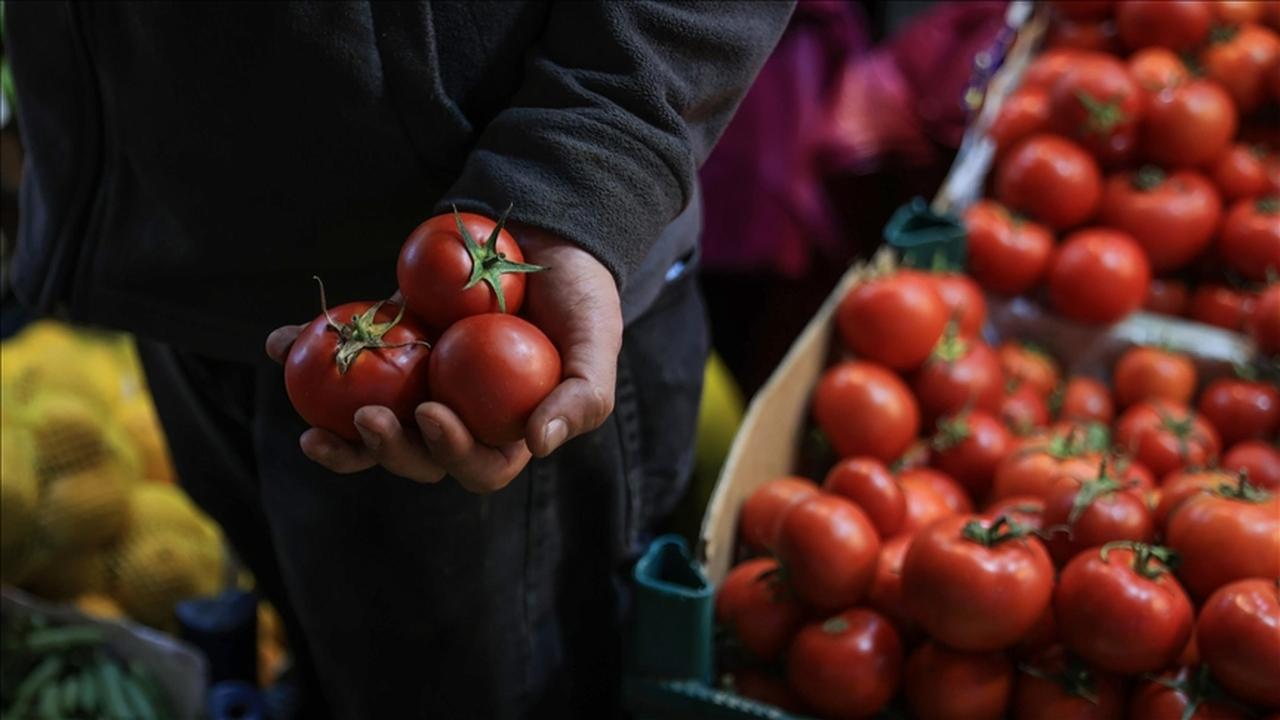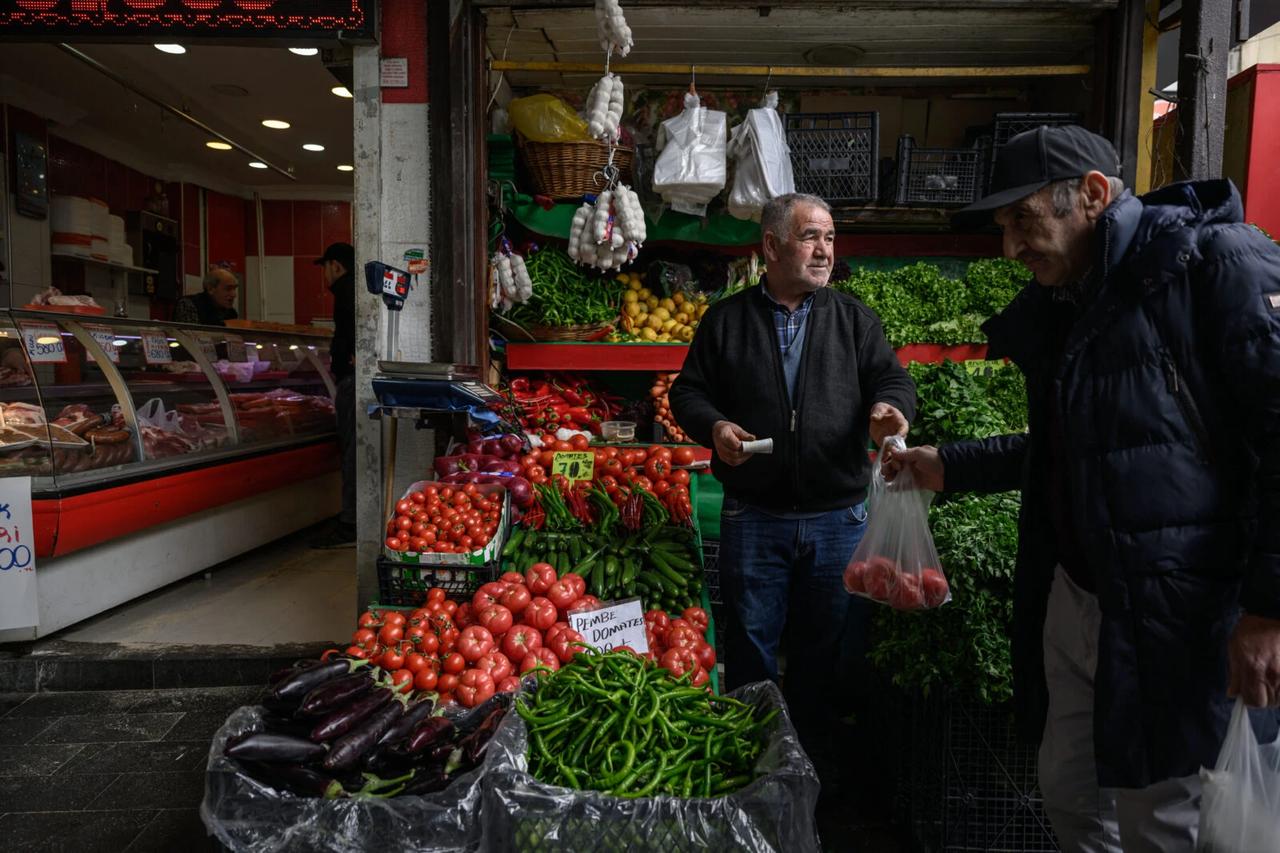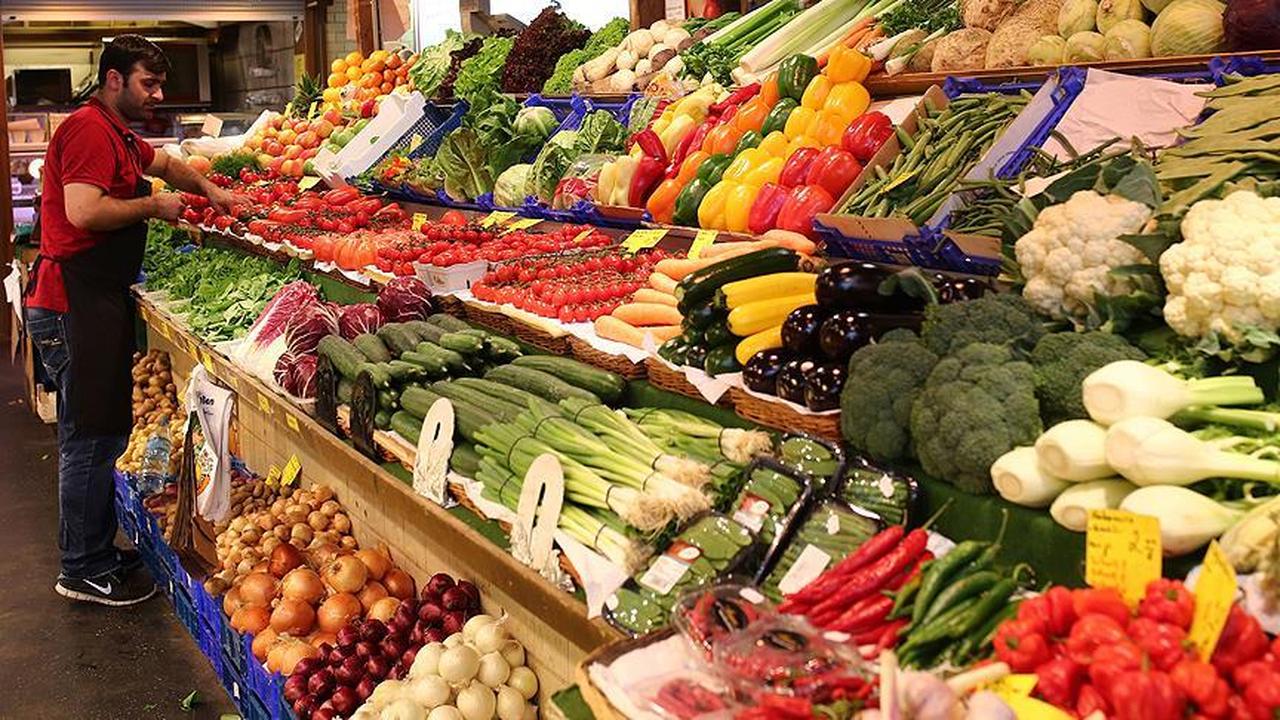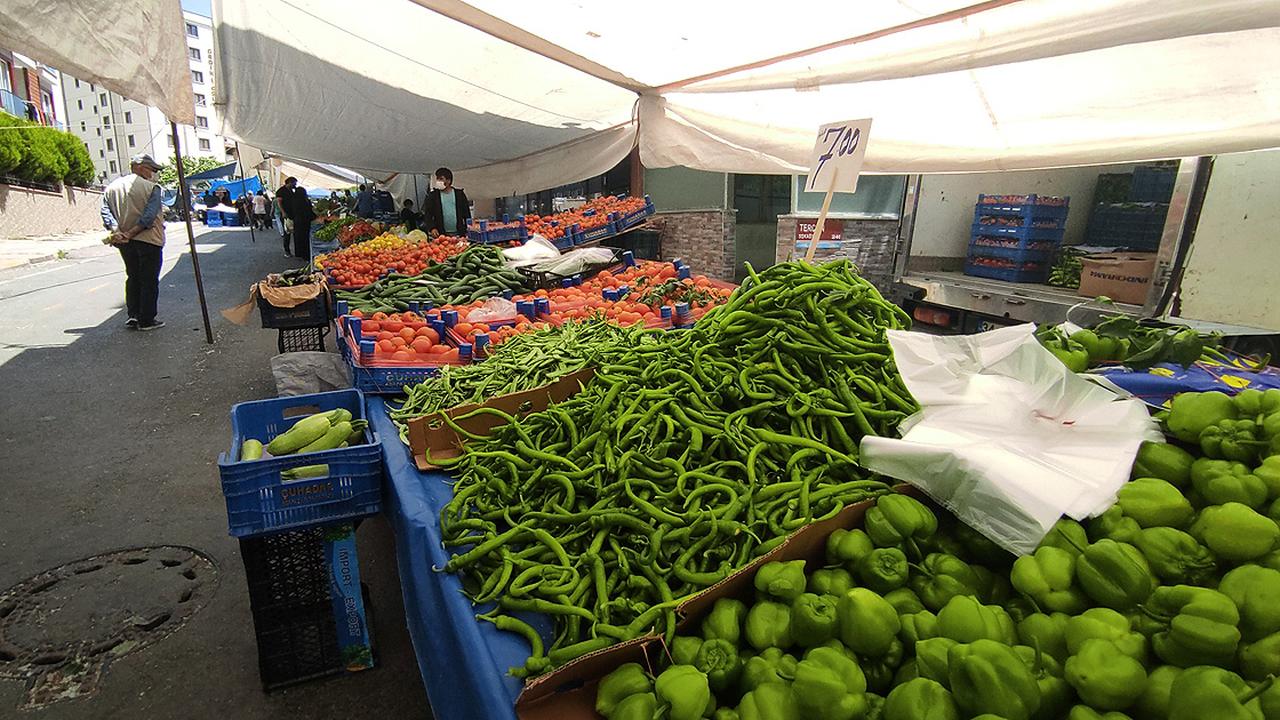
A recent food safety report published by Greenpeace Türkiye reveals that 32% of fruits and vegetables sold in Istanbul contain at least one pesticide linked to hormone disruption, developmental damage, or cancer, while 50 items included substances that are banned or not authorized for use in Türkiye.
The laboratory analysis, conducted on 155 samples from 14 fruit and vegetable types, also found that 33% of the produce contained pesticide residues above legal limits, 61% carried more than one pesticide, and 43% contained PFAS—a group of highly persistent and toxic synthetic chemicals.
The findings raise major concerns about the safety of commonly consumed produce and the long-term health implications—particularly for children.
The report, titled “Pesticides and Children—Multiple Residues, PFAS, and Developmental Toxicity” and prepared by food engineer Dr. Bulent Sik, highlights how children are particularly at risk. Because their immune, nervous, and hormonal systems are still developing, children are more sensitive to the toxic effects of chemical exposure—even when those exposures occur at levels considered safe for adults. The report underscores that 61% of the produce carried multiple pesticide residues.
This raises the issue of cumulative exposure, where several chemicals, although individually within legal limits, combine in the body and potentially cause greater harm.

The presence of PFAS in 67 of the 155 samples (roughly 43%) is especially troubling. These compounds are designed to be chemically resistant and are commonly used to enhance pesticide adherence on crops. They have been associated with a range of health risks, including weakened immune response, hormonal imbalances, reproductive issues, and certain cancers.
Contamination was especially high in certain products. Pickled vine leaves showed noncompliance in 80% of the samples, green peppers in 70%, and spinach in 67%.
Contamination was also frequent in curly lettuce, pears, grapes, and apples—especially the golden and Stark varieties—as well as in more commonly consumed items such as tomatoes, cucumbers, and eggplants. Nearly one-third of all tested samples contained pesticides identified as either endocrine disruptors or chemicals toxic to neurological or reproductive health.

Türkiye’s food safety challenges are not confined to the domestic market. In 2024, the country topped the European Union’s Rapid Alert System for Food and Feed (RASFF) with 492 product alerts, more than any other nation. Of these, 323 led to border rejections, often due to excess pesticide levels.
By comparison, China had 346 notifications and India 341. While pesticide contamination made up a significant portion of these cases—with 97 alerts specifically tied to fruits and vegetables—other violations included 144 alerts for aflatoxins in dried fruits and nuts, 45 for ochratoxin A, 16 for toxic alkaloids in spices like thyme and cumin, and 11 for salmonella contamination in sesame, pet food, and herbs.

In response, Türkiye’s Agriculture and Forestry Ministry emphasized that such notifications are relatively rare when viewed against the country’s total export volume. The ministry noted a 54% decline in pesticide-related alerts in 2023 compared to the previous year.
However, the overall number of food safety notifications rose again in 2024, indicating that while pesticide violations may be declining, other hazards—including microbial and mycotoxin-related issues—are growing.
Under Turkish regulations, any food item that is spoiled, expired, or deemed hazardous to human, animal, or plant health cannot legally enter the domestic market. In a 2024 statement, the ministry affirmed that no products rejected at international borders, regardless of the reason, are allowed to be sold in Türkiye and are instead destroyed according to official food safety protocols.